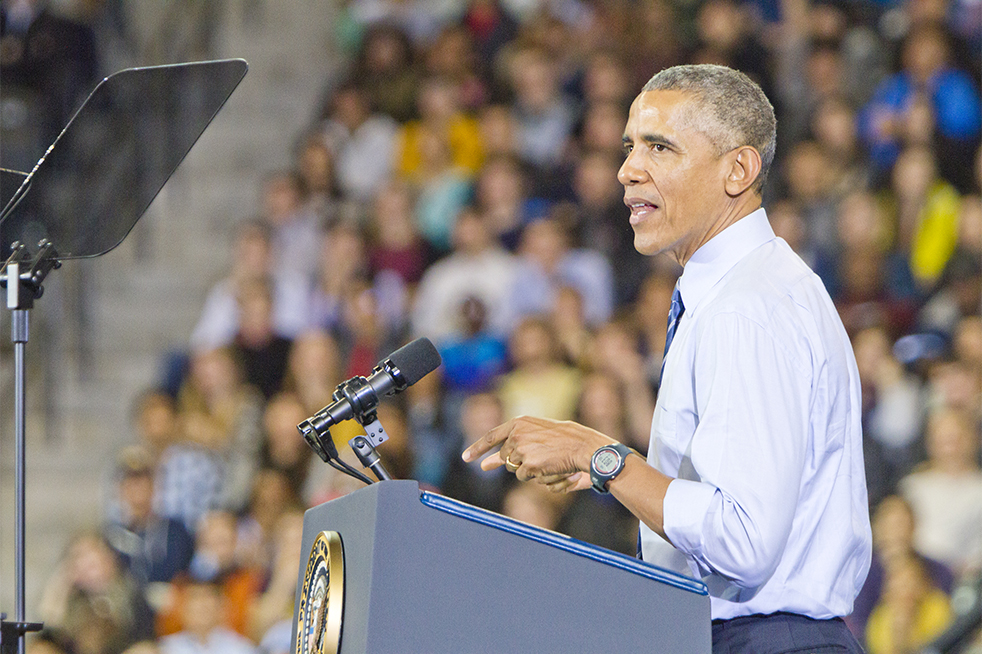Although the main focus of many of the initiatives announced two weeks ago at President Obama’s speech at Tech was on loan repayments and making that process cheaper and easier, a big part of the problem in the cost of higher education has been the price of tuition itself.
According to the Obama administration, this is another area that the White House is working on.
“We’re working hard, we’ll keep working hard to help on the front end to keep higher education accessible and affordable,” said Secretary of Education Arne Duncan during a conference call with student journalists.
According to the College Board, the average tuition and fees for four-year public institutions is $9,139, a 17 percent increase in the last five years. Private four-year tuition and fees is $42,419 with a 9 percent increase over the last five years.
According to Duncan, a major reason that public school tuition has gone up in recent years is that states are cutting back on their support of higher education.
“Many states cut funding to higher ed when the economy got tough. Universities need to do a better job keeping down costs, but I would say budgets aren’t just numbers, they reflect values,” Duncan said.
According to Duncan, part of the solution to this is voting.
“If enough young people vote, this becomes a priority,” Duncan said. “If you don’t vote this becomes an easy thing or an easier thing in tough budget times for a Governor to cut.”
One thing that the Obama administration has proposed as part of the solution of rising tuition is making community college free for students.
“The President started in the State of the Union with a free community college proposal and we need Congress to partner with us on that but that on the front end could help reduce the cost of college by 30, 40, 50 percent if that were to become law,” Duncan said. “The goal is here not just to reduce the burden of debt, but to reduce the cost of college and that would be a huge step in the right direction.
Another proposal was the College Scorecard, which would mandate that college report their costs, the salaries and job prospects of graduated students and graduation number.
“I think that another incentive is simple transparency and visibility, you probably have taken a look at our college scorecard that allows prospective students to know what the average price is of colleges and universities that they may be interested in apply to, and we think that transparency plus a little healthy competition is going to influence all sectors of higher education,” Duncan said.
Obama’s record on higher education has not had unanimous support. Senator David Perdue (R-Ga.), himself a graduate of Tech, in a press released criticised the President’s approach to rising tuition.
“It’s ironic that President Obama continues to say that something must be done about higher education,” Perdue said. “On his watch, college costs have skyrocketed. We can all agree that college should be more accessible, and we cannot continue to burden our children with more debt, but President Obama’s strategy won’t work.”
Despite the President’s push for his community college plan, the Republican-majority Congress has not taken up the proposal and appears unlikely to do so anytime soon.
According to Obama, there does not exist just one single solution to the problem of higher tuition and student loan debt.
“So we’re continuing to just chip away at this problem; there’s no silver bullet,” Obama said during the conference call. “We’re going to have to do things at the federal level, the state level, at the university level to really mobilize the entire country around this issue of college affordability.”
